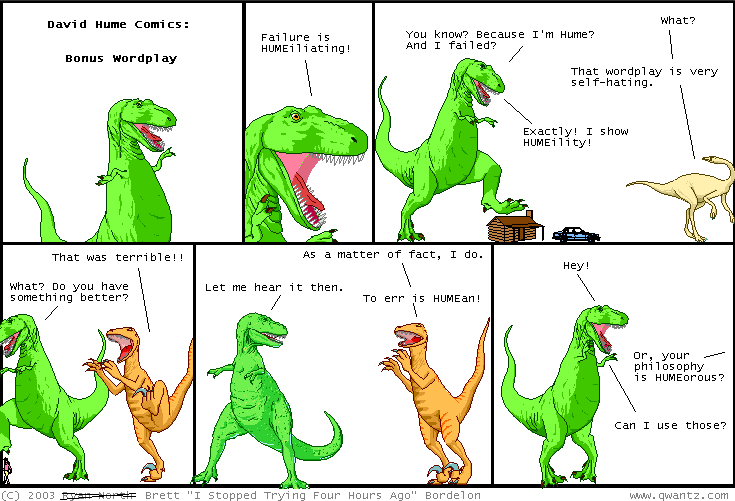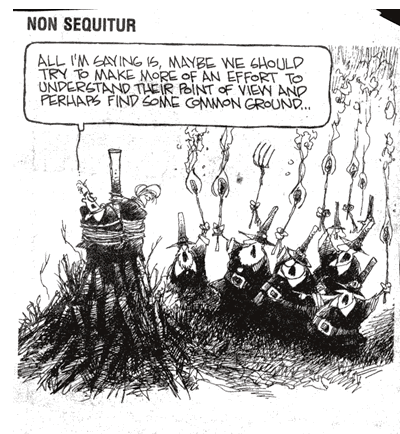Here are some thoughts I'd like you to respond to in your answer to this blog:
1. Philosopher Immanuel Kant would likely say that both inception and extraction are immoral, despite your intentions, because because you (as the extractor) are violating the autonomy of the individual. These actions disrespect humanity because your personal autonomy (or ability to control yourself, your thoughts, and actions) is a mark of your humanity, what makes you different than other animals in this world. If someone has implanted an idea in your head, how can you be responsible for it or the actions that come from it?

2. Ariadne acts like Cobb's therapist throughout the movie and helps him with the guilt that is sabotaging his dreams and memories. In the first dream (Yusuf's, in the scene in the warehouse), Cobb tells her why he feels so guilty - because, after 50 years in Limbo, he had planted the idea in Mal's head that this world (Limbo) wasn't real and that they needed to kill themselves to get back to reality (being awake). She brought this idea back with her into reality and flipped the idea around - her waking state was Limbo and that she needed to get back to reality (in her mind, Limbo). My question for you is: is Ariadne practicing her own version of inception w/ Cobb by placing the ideas in his head that he needs to confront Mal's projection and rid himself of the guilt of her suicide (which he eventually succeeds in doing)? Why or why not?
3. Catharsis -- a concept first introduced to us by Aristotle (a purging or purification of the self or the transformation as a result of the catharsis), Cobb, Arthur and Eames have all talked about Fischer reaching a state of catharsis with his father so that their inception idea can take hold. Reconciliation with positive emotion is much stronger, according to Cobb, than with a negative emotion. So we see that Fischer is reconciled with his father at the end and decides to break up his company when he awakes from the kidnapping scene. But, does Cobb reach his own catharsis when he finds that he's allowed into the United States and can finally see his children's faces again? Throughout the movie, that's all he's ever wanted is to get back home to his kids, and the ending scene shows that reunion (with his children a couple of years older - I checked the credits - there are two different pairs of child actors). But does this catharsis really happen because of the ending scene with the top? Did the scene turn off before the top fell over?
- Cobb also has another scene of catharsis near the end in limbo when he says goodbye to Mal "you're just a shade of my real wife..."
4. Movie - Making - Inception, as a film, is all a dream, but it's also an extended metaphor for filmmaker Christopher Nolan. Like a dream, the movie is a shared dream for the audience and has its own rules and functions along those lines. Some characters and scenes happen like dreams in which there seems to be no rhyme or reason: Mal comes out of a crowd and stabs Ariadne; the train in the first dream that blasts through downtown where there's no tracks; the elder Fischer's hospital bed in a huge vault inside of a mountain fortress; Cobb squeezing between an amazingly small gap of two buildings. Mal even makes the case to Cobb at the end that he is in fact still stuck in a dream, with feelings of persecution (the authorities or Cobol's security forces), creeping doubts, and little remembrance of how he got there. On another thought, the way the dream team works is similar to how a movie is made - they plan the scenes and the movie sets down to the smallest details, always conscious of the audience (the dreamer's projections) and its reaction. And, the way the movie ends with the cut scene of the top and then kicking into the music (Edith Piaf's haunting melody) as the credits roll is kind of like a dream because sometimes we are ripped out of a dream before its ending and we want to know how it ends. Yet we can't go back.
-- all of this is controlled by the master manipulator, the director, Christopher Nolan. Everything in this movie is done for a reason. Cobb is the director, Arthur is the producer who does the research, Ariadne the screenwriter when she acts as the architect, Eames is the actor and Yusuf is the technical guy that makes it all happen. Saito is the money guy (also a producer) who finances the whole operation and Fischer is the audience who is taken for an exciting adventure by the director, Cobb. Yet we are also the audience too, since this is a movie. Arthur mentions continuously that they cannot mess with the dream too much, otherwise the dreamer knows something is wrong. The same can be said for movies - when there's too much fakery or interference from the director, we as the audience snap out of the trance that the movie is weaving for us and see the movie for what it is. We lose ourselves in well-made movies b/c we're not paying attention to the poor acting or screenwriting or plot holes or ridiculous scenes. We care about the characters and want to see a satisfying resolution. And so Cobb, as the director, makes an amazing movie, but also brings part of himself into the movie (Mal) which can influence the audience (she shoots Fischer in the 3rd dream). Most of the jarring scenes in Inception include Mal. And it's Mal who questions Cobb and raises doubt as to his true purpose.
- And since the movie is like a dream, it has planted the idea of itself in the mind of the movie audience as well - is this a movie or was the whole thing a dream? This is where the movie becomes almost a meta-movie; it is Christopher Nolan dreaming about Cobb.
Please discuss your thoughts on 3 of 4 of these topics. 400 words minimum for your total comment. Due Wednesday, May 10 by 11:59 p.m.

















